Condensing vs Non Condensing Tankless Water Heaters: What are the Differences?
When it comes to tankless water heaters, homeowners have two options: condensing and non-condensing models. Each type has its own advantages, so it's crucial to understand the differences between them before making a choice. In this article, we'll provide a comprehensive comparison of condensing and non-condensing tankless water heaters, helping readers select the one that best fits their living space and requirements. By gaining this knowledge, homeowners can make an informed decision when it comes to their water heating needs.

What is a tankless water heater and how does it work?
Water heaters can be broadly categorized into two main types: traditional models with storage tanks and tankless designs. Traditional water heaters consist of a large storage tank that holds and continuously heats a predetermined amount of water. On the other hand, tankless water heaters, also known as on-demand water heaters, do not store water in a tank. Instead, they heat water instantaneously as it flows through a heat exchanger when a hot water tap is turned on. This on-demand heating process eliminates the need for a storage tank and provides hot water whenever it is needed, making it a space-saving and energy-efficient option.


What is a condensing tankless water heater?
The condensing tankless water heater is an advanced and highly efficient version of the traditional tankless water heater. It incorporates an innovative mechanism that captures and recycles waste heat to heat the incoming water. This process optimizes energy efficiency and minimizes energy waste, leading to substantial savings on your energy bills. Additionally, the condensing tankless water heater's reduced energy consumption contributes to a smaller carbon footprint, making it an environmentally conscious choice. By choosing a condensing tankless water heater, you can enjoy both financial benefits and environmental sustainability.
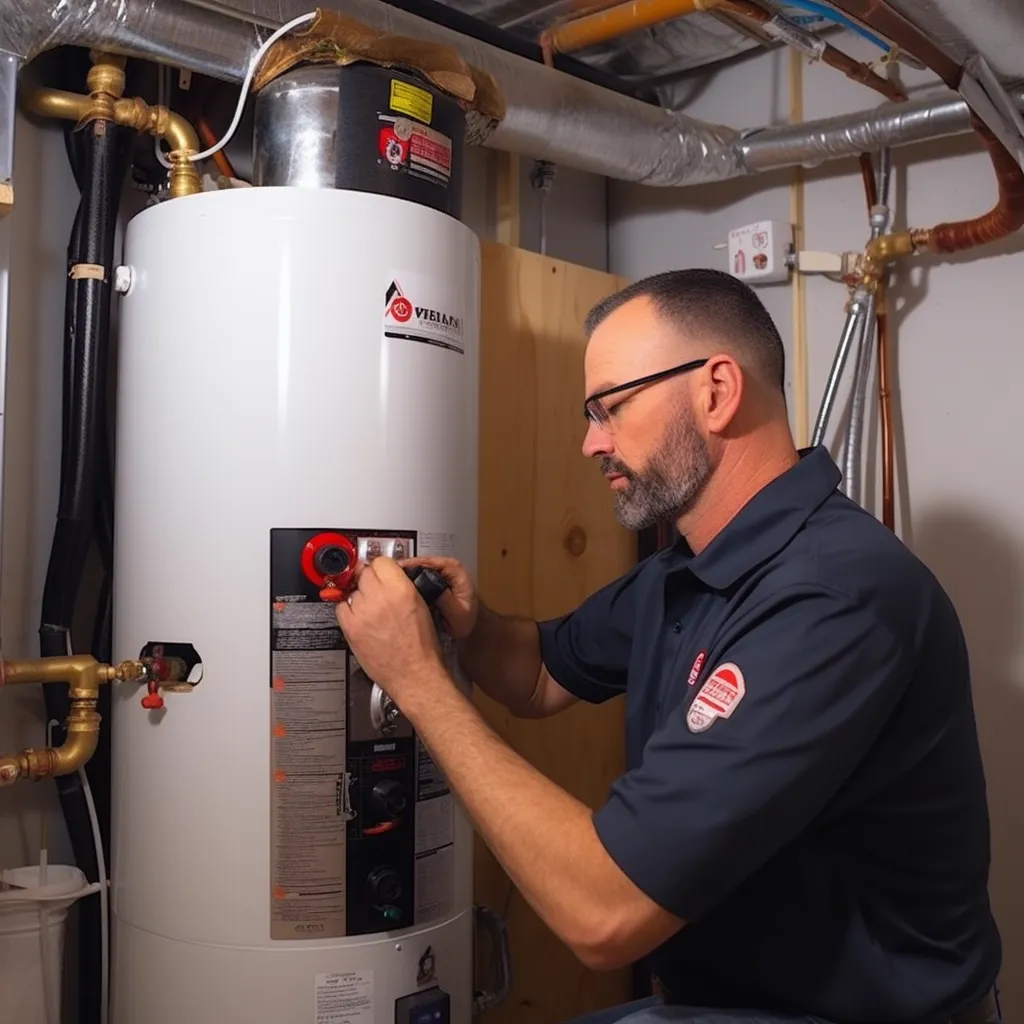
What are the differences: condensing vs non condensing tankless water heaters
Tankless water heaters offer a cost-effective and energy-efficient solution for heating water in homes and businesses. When comparing condensing and non-condensing models, it's important to understand the difference in how they handle exhaust gases. Non-condensing models release these gases into the atmosphere, while condensing models go a step further by cooling the gases until they condense into water vapor. This condensation process allows condensing models to extract more heat from the exhaust gases, making them even more energy-efficient.
While condensing models often have higher upfront costs, their increased energy efficiency can lead to substantial long-term savings on energy expenses. By reducing energy consumption and maximizing heat extraction, condensing tankless water heaters provide an environmentally friendly and cost-effective option for heating water. Consider your specific needs and budget to determine which type of tankless water heater is the best fit for your home or business.
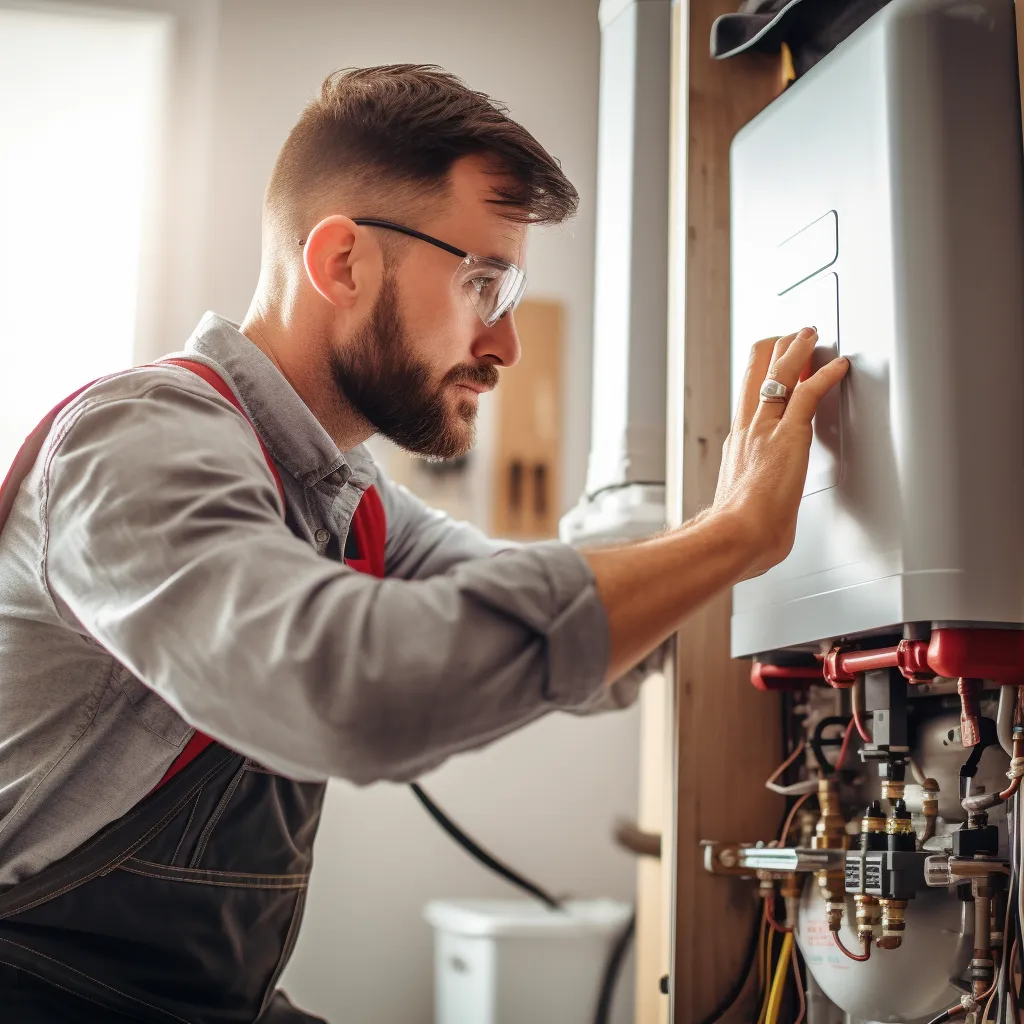
What are the benefits
of a condensing tankless water heater?
Condensing tankless water heaters have several advantages over non-condensing models:
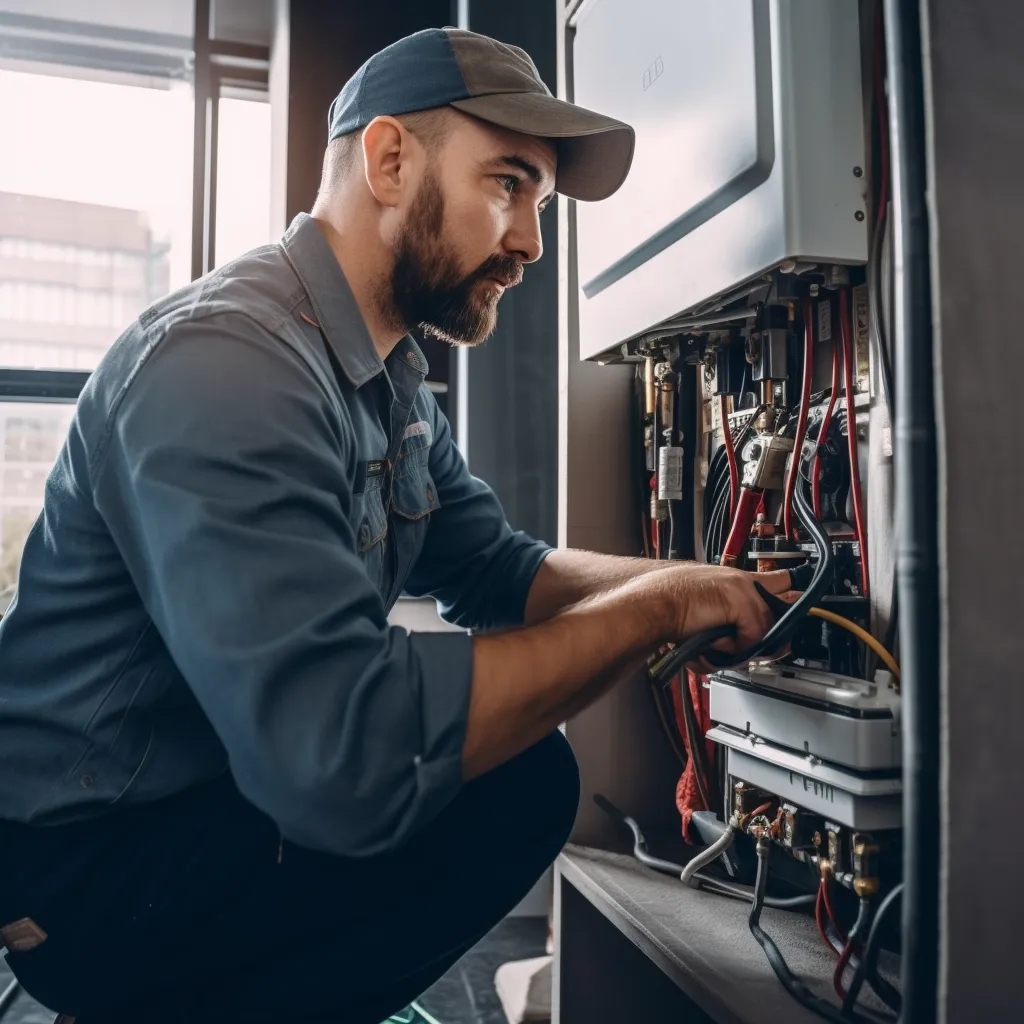
Enhanced Performance: Condensing tankless water heaters offer improved performance compared to non-condensing models. They can deliver a higher flow rate of hot water, ensuring a steady and consistent supply even during peak demand periods.
Reduced Environmental Impact: Condensing water heaters are more environmentally friendly as they produce fewer greenhouse gas emissions. By utilizing waste heat from exhaust gases, they maximize energy efficiency and contribute to a greener and more sustainable home.
Energy Efficiency and Cost Savings: The condensing technology in these water heaters allows them to achieve higher energy efficiency, resulting in lower utility bills. By extracting more heat from the fuel source, they reduce energy waste and provide significant cost savings over time.
Longer Lifespan: Condensing tankless water heaters are known for their durability and longer lifespan compared to non-condensing models. Their simplified design and fewer components minimize the risk of mechanical failures, ensuring reliable hot water for an extended period.
What are the disadvantages
of a condensing tankless water heater?
The downsides to condensing tankless water heaters:
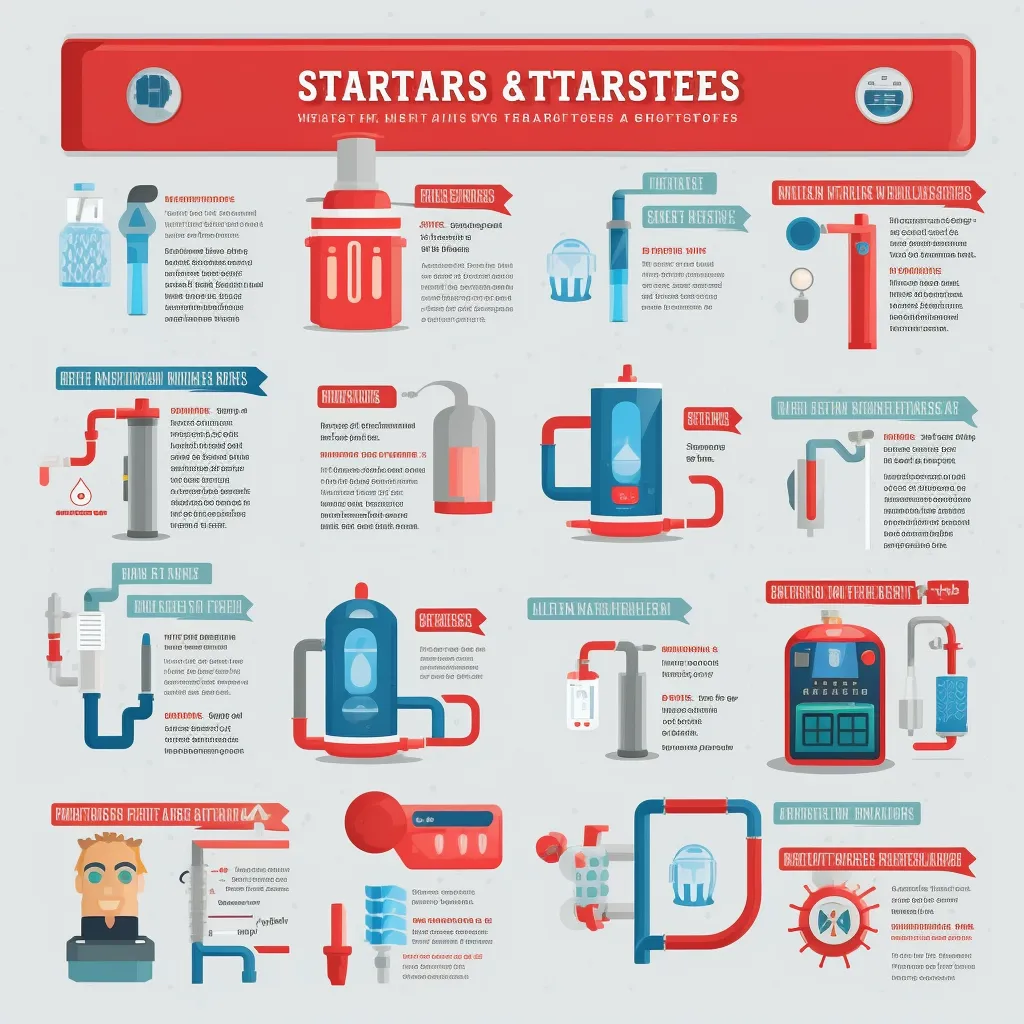
Higher upfront cost compared to non-condensing models
Potential long-term savings on energy bills due to improved energy efficiency
Increased maintenance requirements, including venting and drainage systems
Installation may be more complex and require the expertise of a licensed professional

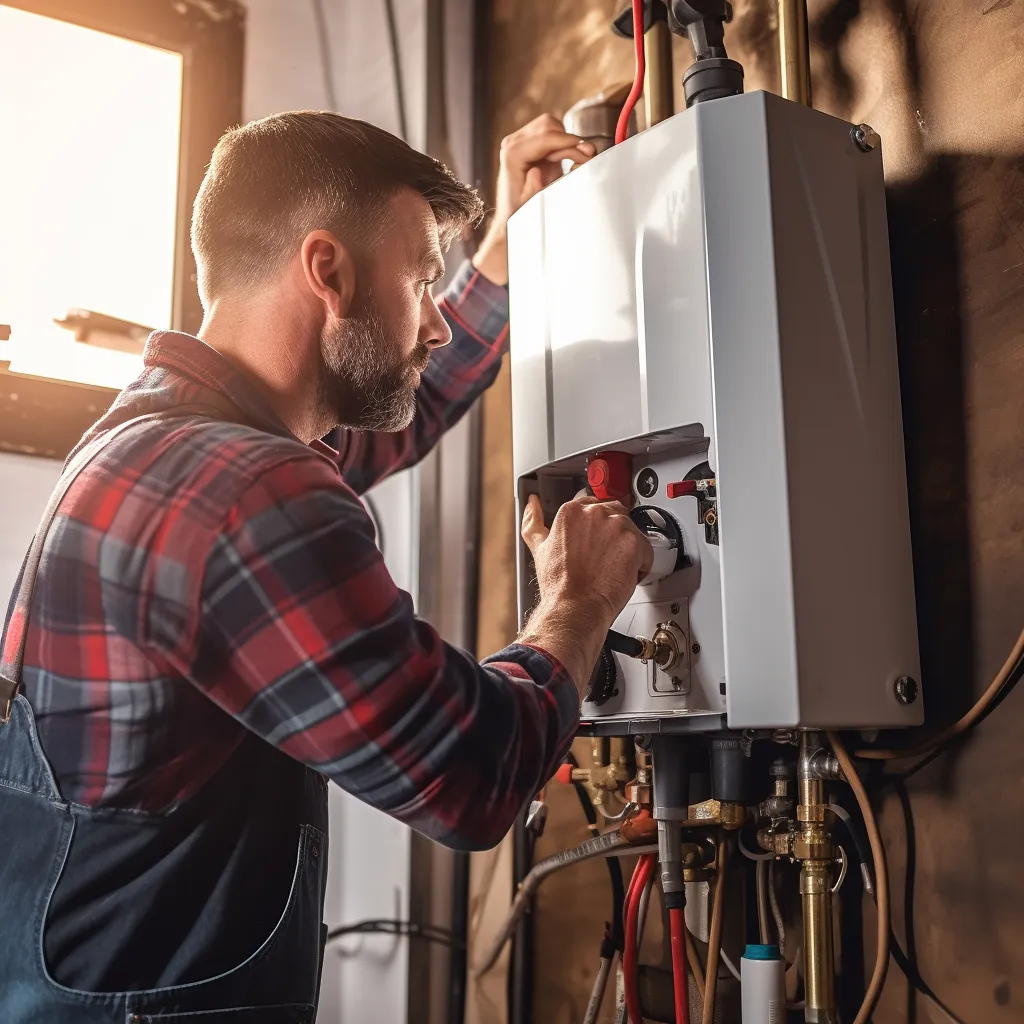
Are condensing tankless water heaters energy-efficient?
Condensing tankless water heaters offer high energy efficiency, on-demand heating, and long-term reliability. They capture and utilize waste heat, resulting in significant energy savings and lower utility bills. Despite a higher upfront cost, their long-term benefits make them a worthwhile investment for efficient and eco-friendly water heating.
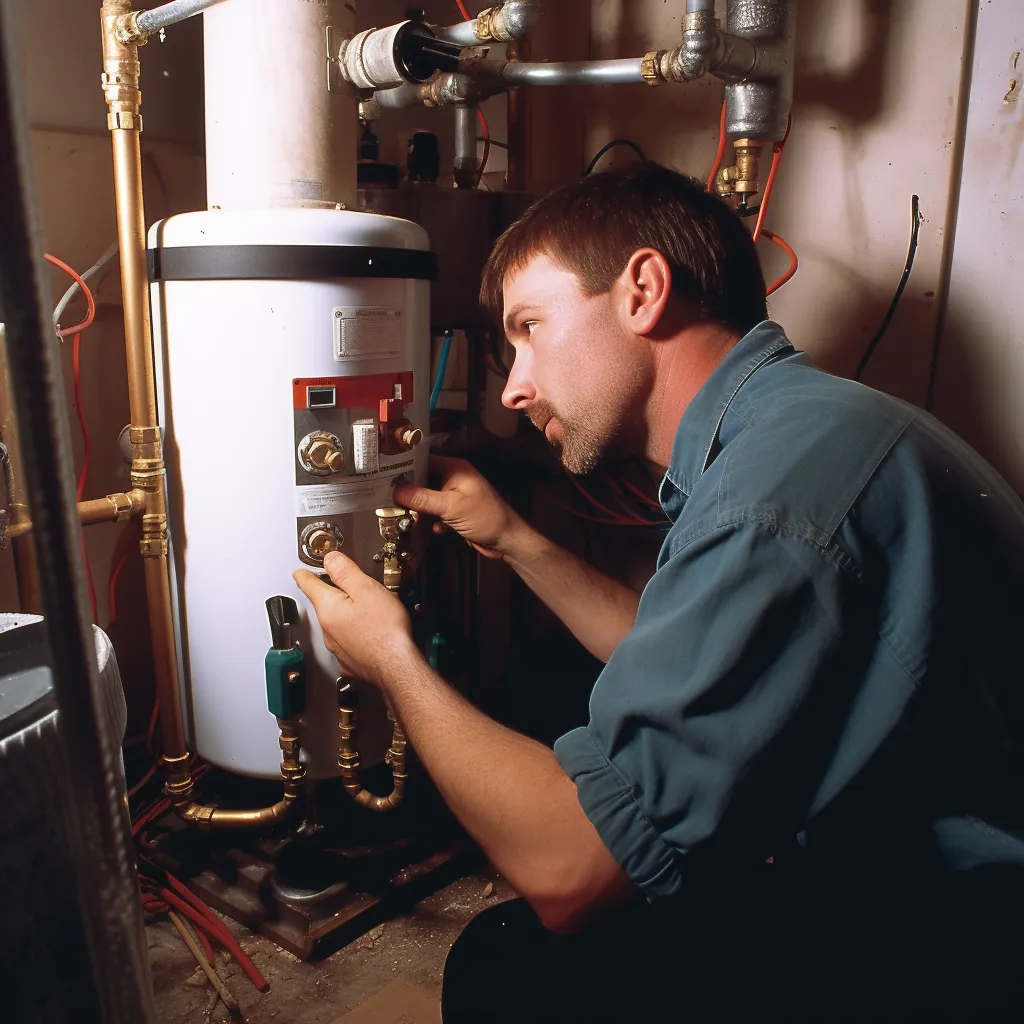
Are non condensing tankless water heaters energy-efficient?
Non-condensing tankless water heaters are a cost-effective and environmentally-friendly option for water heating. They may not match the energy efficiency of condensing models but still offer significant savings compared to traditional tank water heaters. With improved energy efficiency and reduced costs, non-condensing tankless water heaters are a practical choice for homeowners seeking sustainability and affordability.
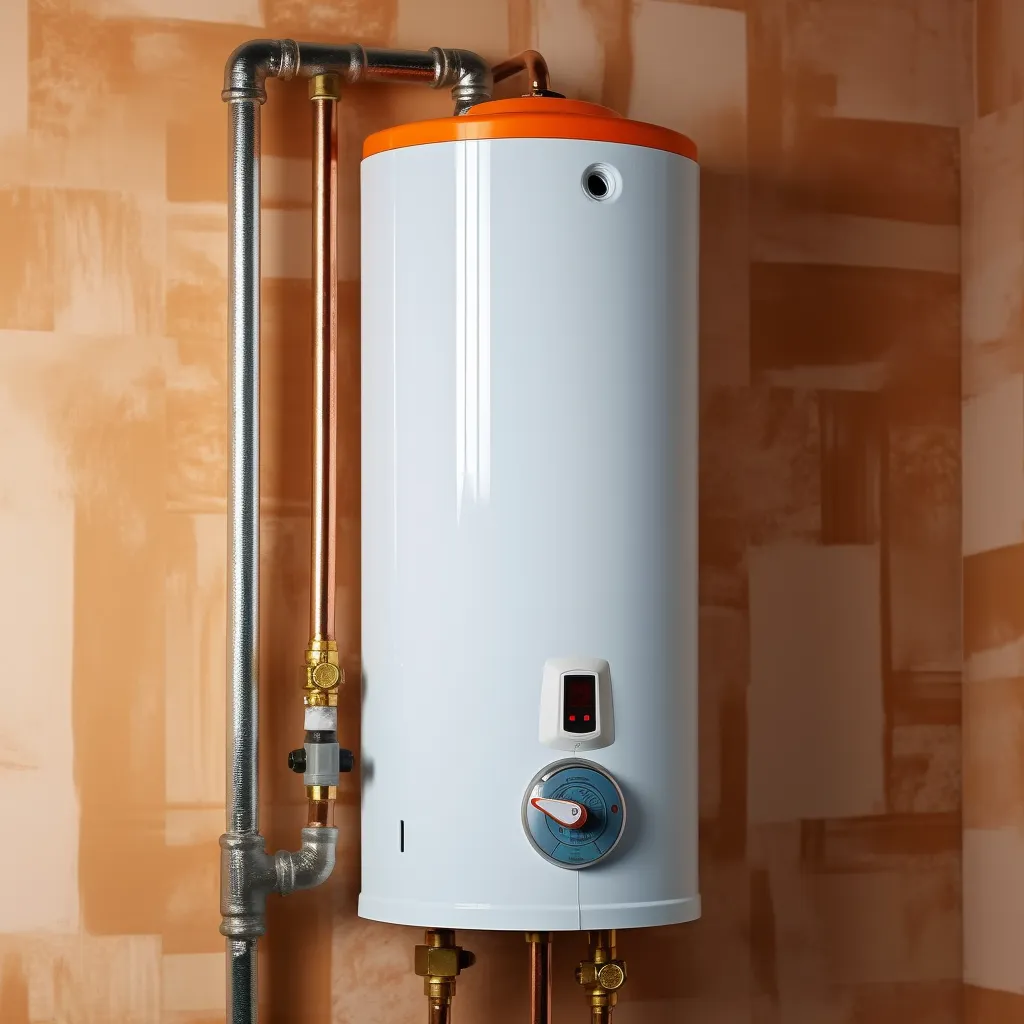
What is the cost to buy and install a condensing tankless water heater?
While condensing tankless water heaters offer impressive energy savings and efficiency, it's important to consider the overall costs involved. Factors such as home size, specific model, and brand can affect the price. Installation complexity should also be taken into account.
Consulting a trusted professional is recommended to make an informed decision and select the best condensing tankless water heater for your needs. Their expertise can provide valuable guidance and ensure a proper installation.
Although the initial cost may be higher, many homeowners find that the long-term benefits of a condensing tankless water heater outweigh the investment. The energy savings and improved efficiency can lead to significant cost savings over time, making it a worthwhile and sustainable water heating solution.
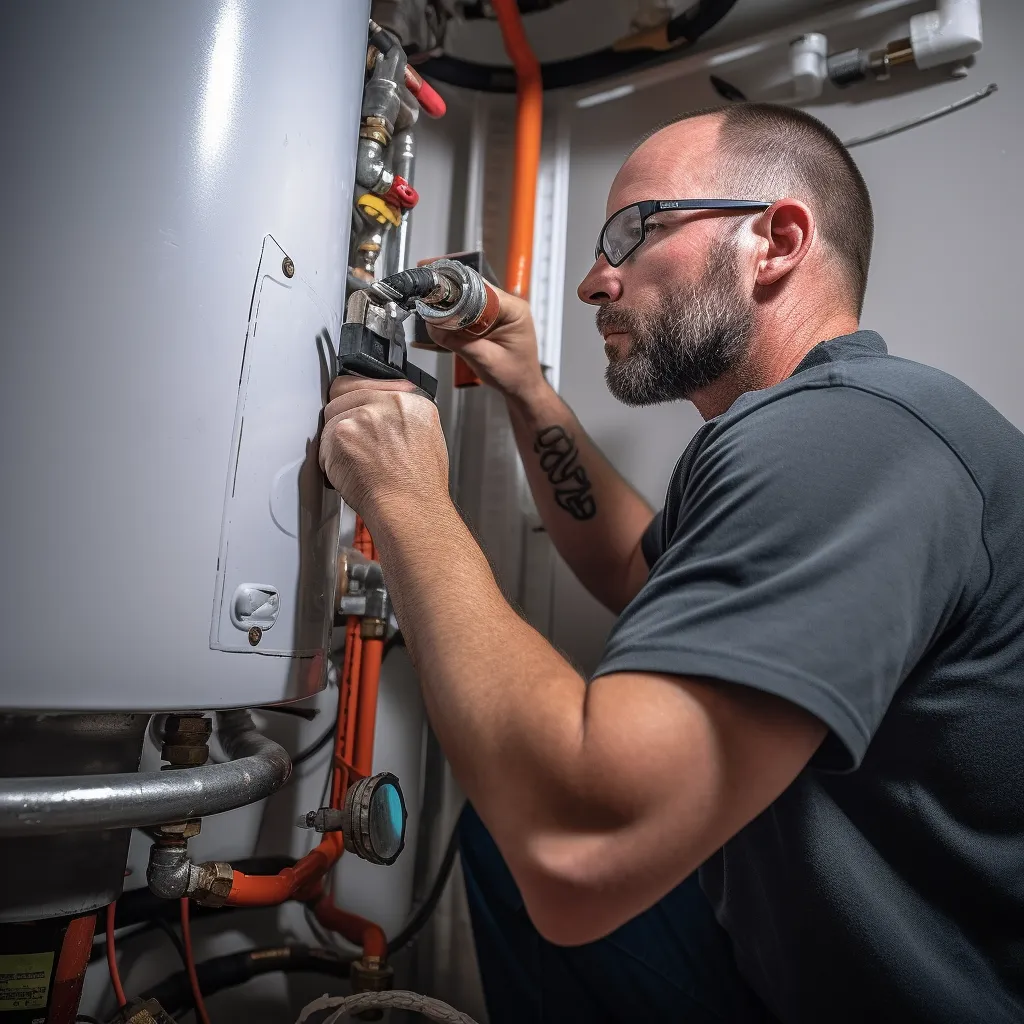
What is the cost to buy and install a non condensing tankless water heater?
Non-condensing tankless water heaters are available in different sizes and from reputable brands, with prices ranging from $1,000 to $3,000. While the initial cost may seem high, they offer long-lasting performance, supplying unlimited hot water for up to 20 years. In addition to their durability, these water heaters feature a sleek and compact design, saving space and reducing clutter in your home.
Condensing tankless water heaters maintenance requirements?
Non-condensing tankless water heaters, offered by reputable brands in various sizes, generally range in price from $1,000 to $3,000. Although the initial investment may be significant, these water heaters provide long-lasting performance, supplying unlimited hot water for up to 20 years. Furthermore, their sleek and compact design helps save space and reduce clutter in your home.
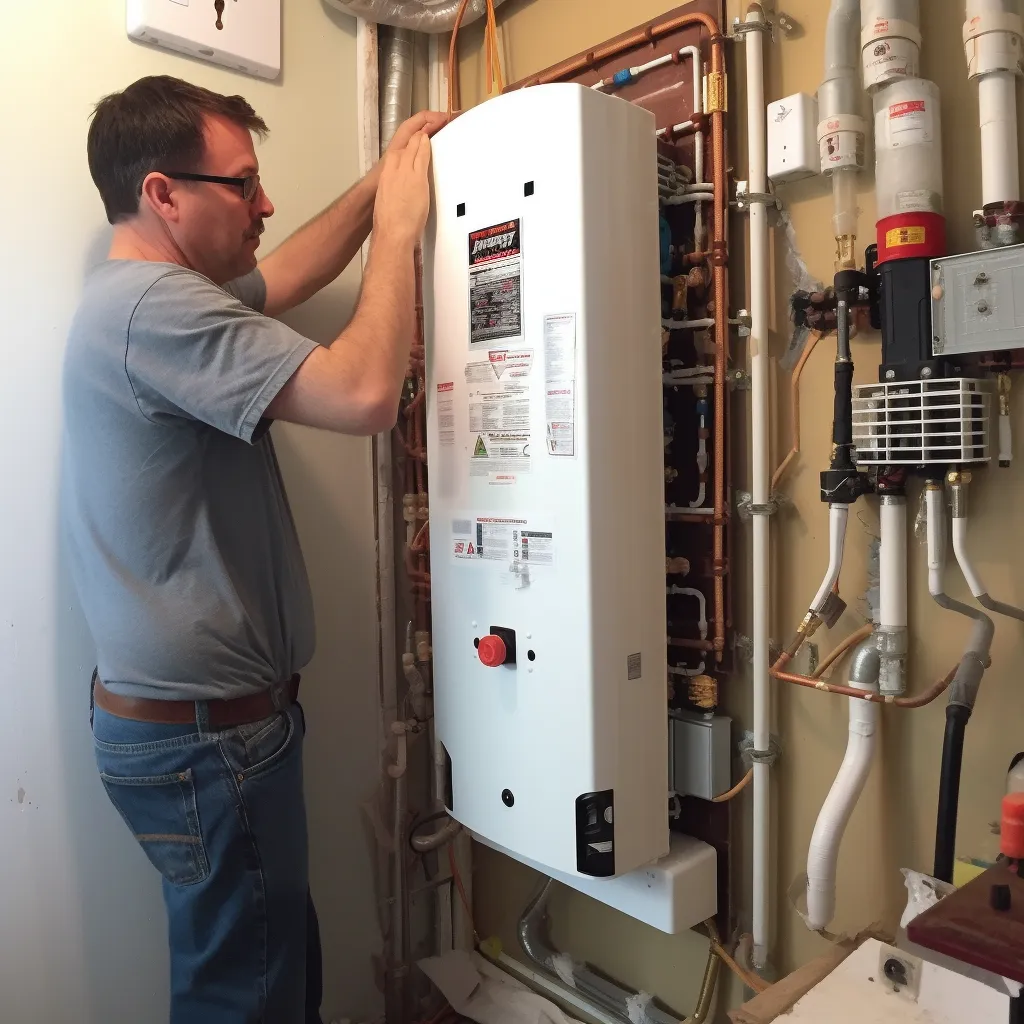
Regularly check for leaks or potential issues, such as water dripping or unusual noises.
Clean the heat exchanger and burner to remove any dirt or debris that can affect the unit's performance.
Inspect and replace filters as recommended by the manufacturer to maintain the heater's efficiency and prevent clogs.
Test the water pressure and temperature to ensure they are within the recommended range for optimal functioning.
Check the venting system for any obstructions or debris that may affect the proper venting of exhaust gases.
Flush the system periodically to remove sediment buildup, which can hinder the heater's efficiency and longevity.
Keep the air filter clean to maintain good airflow and prevent dust or debris from entering the unit.
By following these maintenance guidelines and scheduling professional checks, you can maximize the efficiency, longevity, and performance of your condensing tankless water heater.
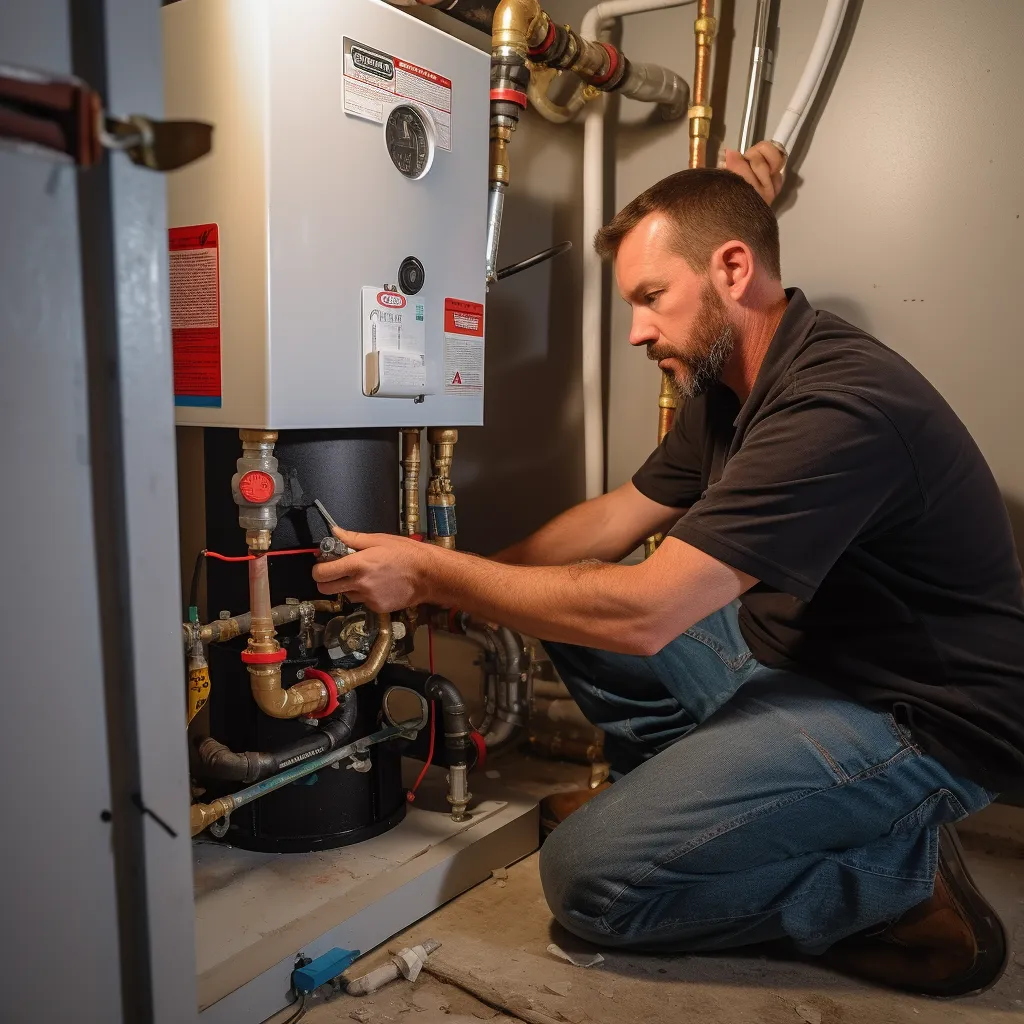
What are the maintenance requirements
for non condensing tankless water heaters?
Regular maintenance is crucial for non-condensing tankless water heaters to ensure optimal performance and prevent issues. Here are some important maintenance tasks to consider:
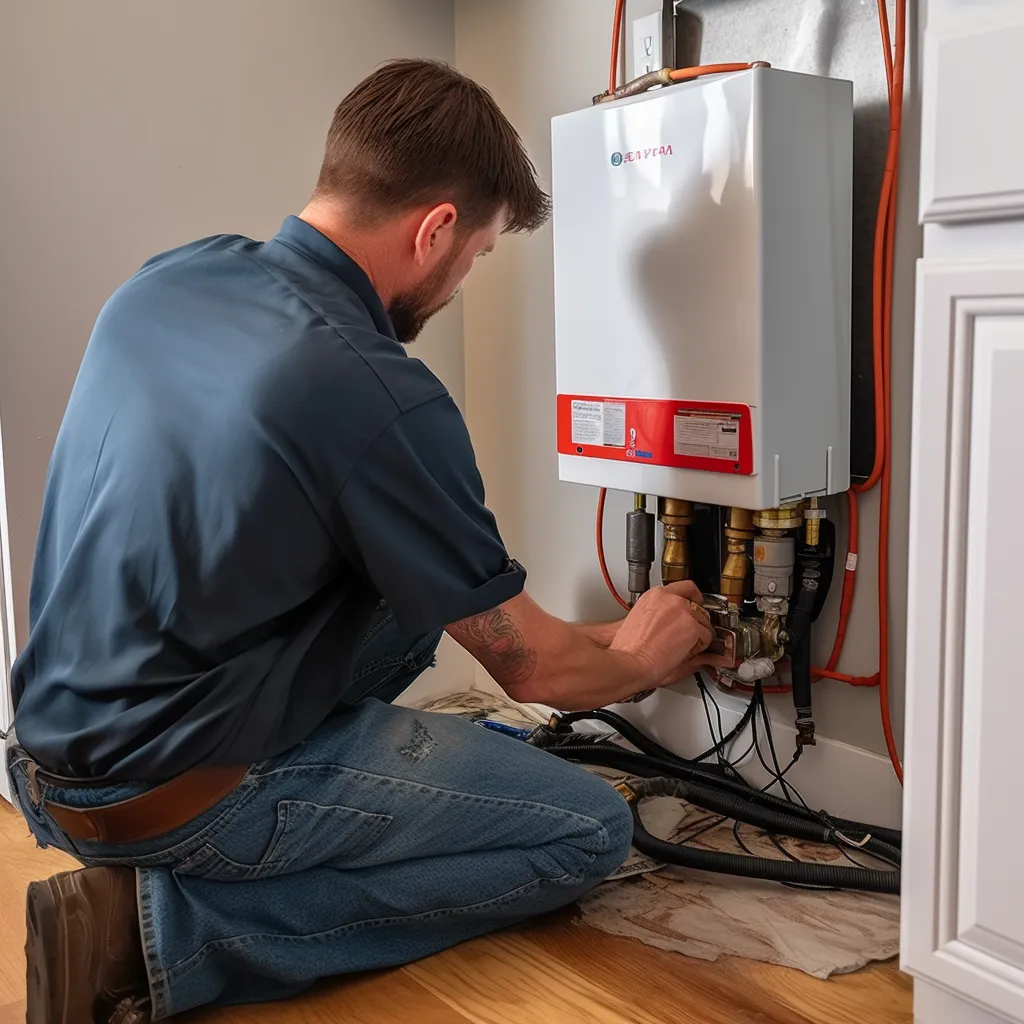
Regularly flush the system to remove mineral buildup and debris that can affect performance and efficiency.
Check and replace filters as needed to maintain proper water flow and prevent clogging.
Clean the heat exchanger and burner to remove any buildup that can hinder efficiency and heat transfer.
Inspect the system for malfunctions or leaks, and address them promptly to prevent further damage.
Verify water pressure and temperature to ensure they are within the recommended range for optimal performance.
Keep vents clear of debris to maintain proper airflow and prevent ventilation issues.
What to think about when choosing between a
non condensing vs condensing tankless water heater
When selecting between a non-condensing and a condensing tankless water heater, it is essential to take into account various factors:

Space: Non-condensing water heaters are typically bulkier, so if you have limited space, a condensing water heater may be a better fit.
Installation Complexity: Non-condensing units generally have a simpler installation process, which can be more budget-friendly. Condensing units may require more complex installation, which can increase overall costs.
Maintenance Requirements: Non-condensing tankless water heaters often require more frequent maintenance compared to condensing models. Consider your willingness and ability to perform regular upkeep when making your decision.
Energy Efficiency: Condensing units are more energy-efficient, resulting in long-term savings on utility bills. If energy efficiency is a priority for you, choosing a condensing water heater is recommended.
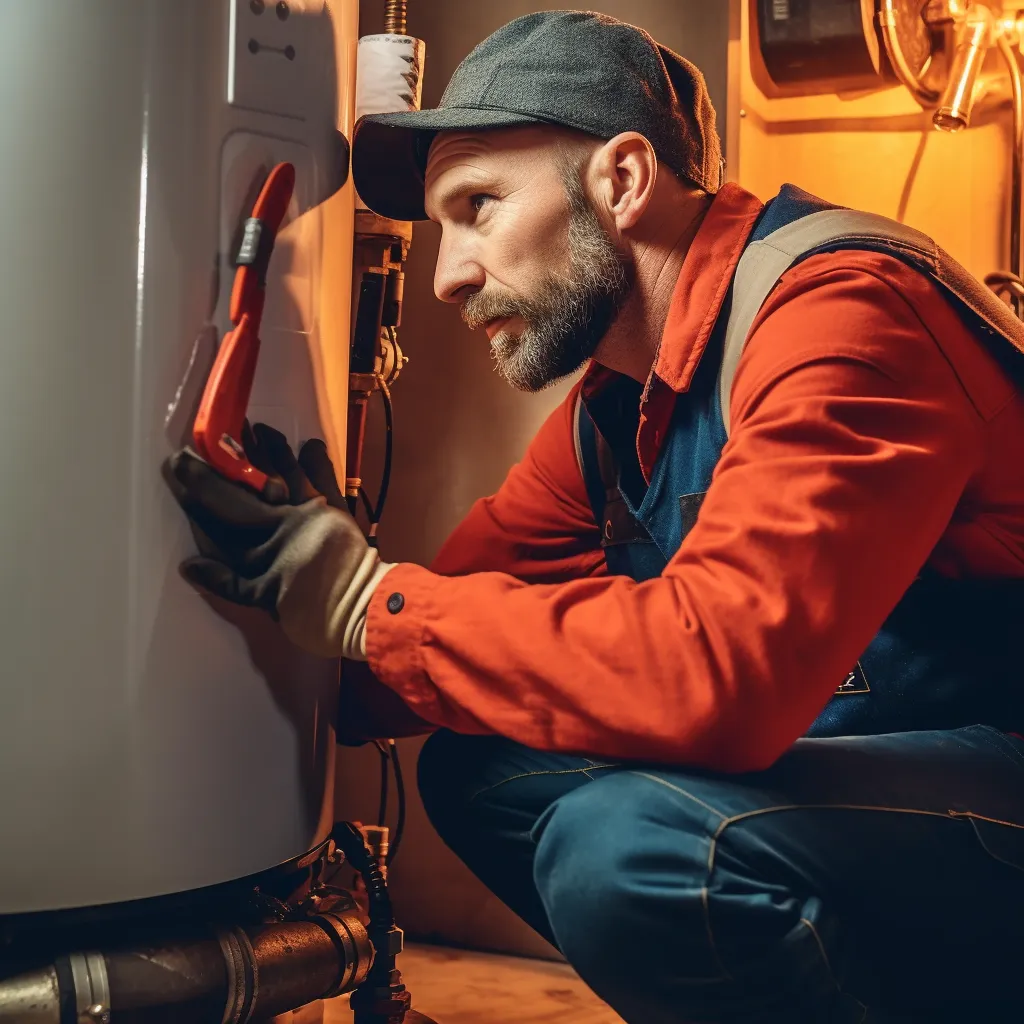
Researching condensing vs non condensing tankless water heaters
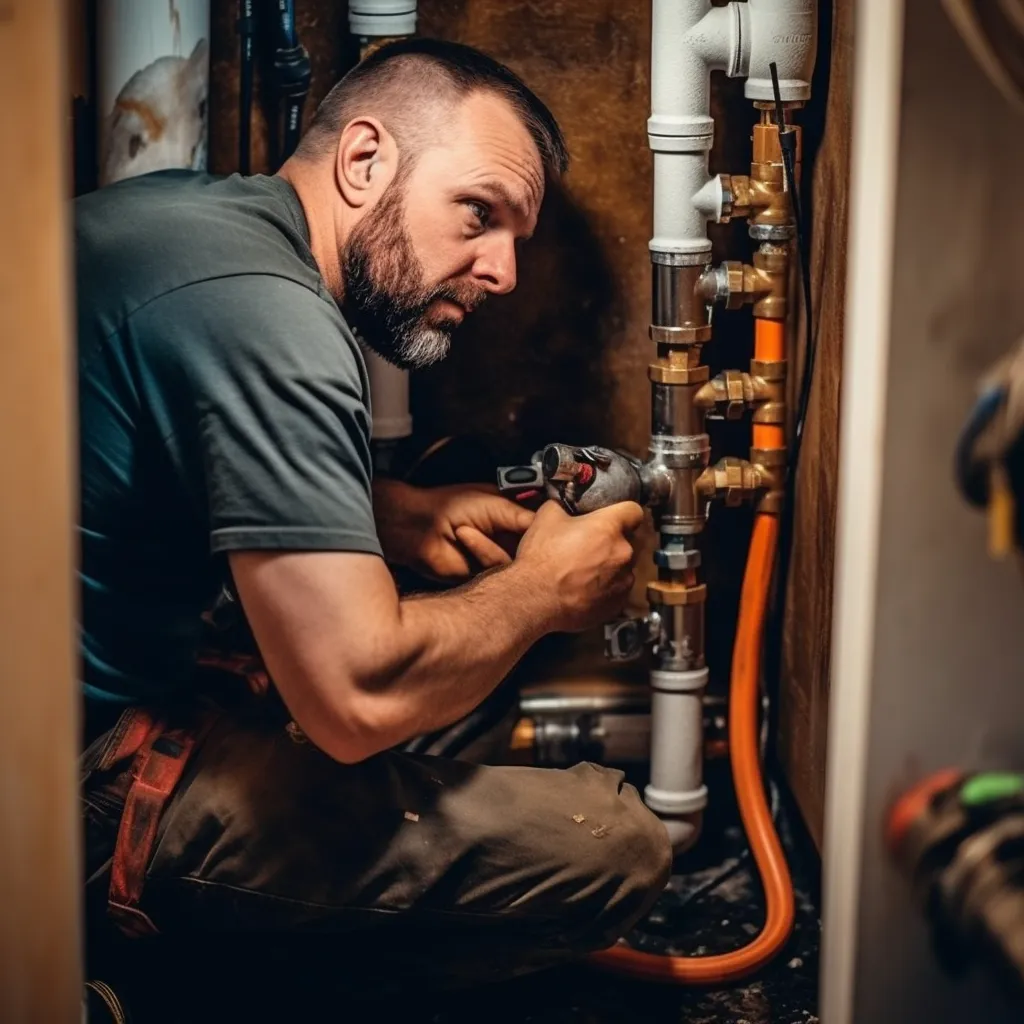
To ensure you find the ideal tankless water heater for your home, carefully consider the pros and cons of different types available, including condensing and non-condensing units. While non-condensing options may seem more affordable initially, they can waste energy and require more maintenance. On the other hand, condensing tankless water heaters offer greater cost-effectiveness and potential energy savings.
Choosing the right water heater type is a personalized decision that should involve consultation with a licensed professional. Their expertise will help ensure you make an informed choice that aligns with your home's specific requirements. By working with a professional, you can confidently select a tankless water heater that provides consistent hot water while maximizing energy efficiency and savings.
Contact Us
GET IN FULL TOUCH
PHONE: (505) 448-0742
EMAIL:
patrick@santafewaterheater.com
Baca Specialty Services, Heating and Cooling HVAC
Sante Fe, NM 87508
